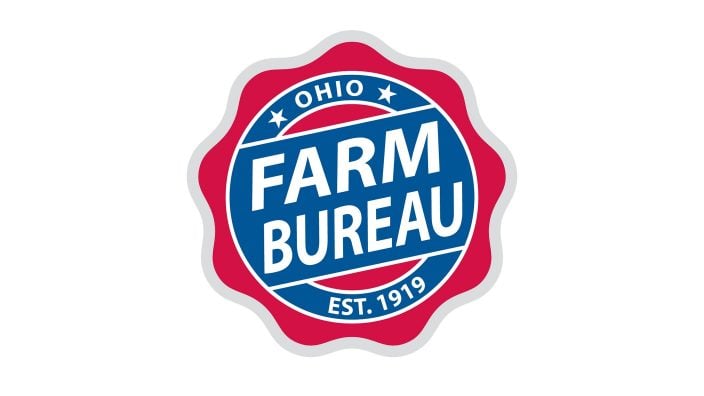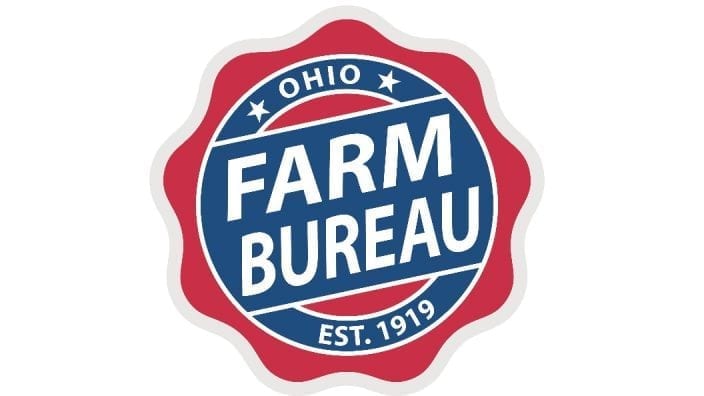Applications for Ohio Farm Bureau Health Plans now available
Members have three ways to apply: contacting a certified agent, calling 833-468-4280 or visiting ohiofarmbureauhealthplans.org.
Read More1 Planning a storage space
Storage space should be kept to a minimum to discourage storing too many unneeded pesticides, however, the space should be large enough to store all your chemicals including: newly purchased chemicals and opened containers, as well as used and unwanted chemicals, and empty containers until they can be properly disposed of.
2 Storage site location
The best storage area would be a portable or prefabricated storage building, as it can be repositioned easily in case of a flood hazard. Locate a detached structure far enough away from other buildings and structures in case of a fire.
Pick an area that does not flood regularly. Water and moisture can cause metal containers to rust; disintegrate paper or cardboard packaging; make labels unreadable; cause labels to detach; cause dry formulations to clump or cake, break down, or dissolve and release pesticide; and cause pesticide to spread to other areas.
3 Storage construction
Use materials that are nonflammable to build your structure. Use nonabsorbent materials, such as metal or nonporous shelving with a lip or leak-proof plastic trays on the shelves. Plastic trays can help organize products and act as secondary containment in case of a spill.
Use sealed floors, such as sealed concrete, epoxy-coated metal or concrete, no-wax sheet flooring, or other easily cleaned, nonabsorbent material. If possible, provide electrical power to the storage area to allow for internal lighting, an exhaust fan, and a heater, in addition to exterior security lighting and alarm.
4 Storage environment
Keep the storage unit dry and well ventilated. Keep outside doors and windows closed and locked, unless windows are needed for ventilation. Windows should not be large enough for someone to enter through them.
Keep pesticides from freezing — most should be stored between 40 and 90 F; Read the label to be sure. Keep containers out of direct sunlight. Do not put containers, especially glass or aerosol containers, in windows even temporarily.
Source: Pesticide storage and security, Penn State Extension.
(Farm and Dairy is featuring a series of “101” columns throughout the year to help young and beginning farmers master farm living. From finances to management to machinery repair and animal care, farmers do it all.)


Members have three ways to apply: contacting a certified agent, calling 833-468-4280 or visiting ohiofarmbureauhealthplans.org.
Read More

Bill Patterson, Cy Prettyman and Adele Flynn will continue to serve as officers for Ohio Farm Bureau Federation.
Read More

Delegates discussed many topics impacting agriculture including farmland preservation, local foods, and succession planning.
Read More

Twenty-six farmers govern the state’s largest farm and food organization.
Read More

The 2025 recipients are Fred Cooke (posthumous) of Richland County, Marvin Dietsch of Williams County, Steven Knollman of Hamilton County and Michele Miller (posthumous) of Ottawa County.
Read More

Nathan and Jill Parriman grow seasonal crops, including Christmas trees, pumpkins and cut flowers, providing U-cut experiences that invite customers to engage directly with agriculture.
Read More

The 2025 Distinguished Service Award recipients are Craig Adams, Mike Townsley, and Kellogg Farms, Kurt Farms and Stateler Family Farms.
Read More

Ohio Farm Bureau Treasurer Adele Flynn participated in the meeting, representing Ohio farmers.
Read More

For Ohio and PJM region, the outlook is reassuring—ample reserves and strong planning should keep the power on.
Read More

The average price for a classic holiday feast for 10 in Ohio will cost $55.87.
Read More